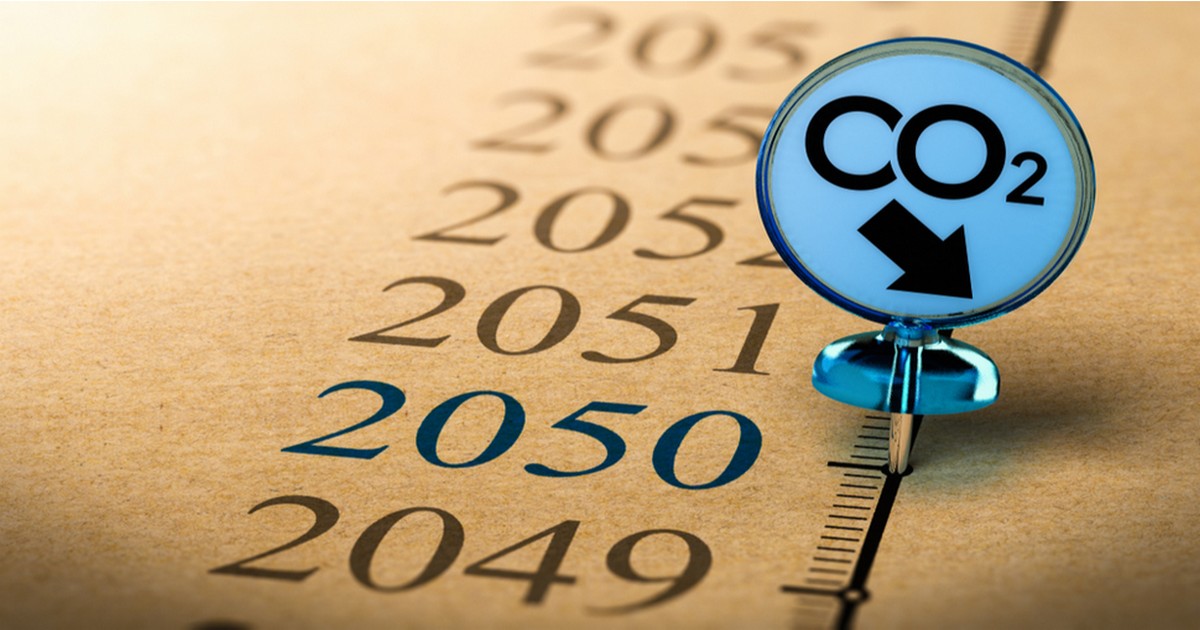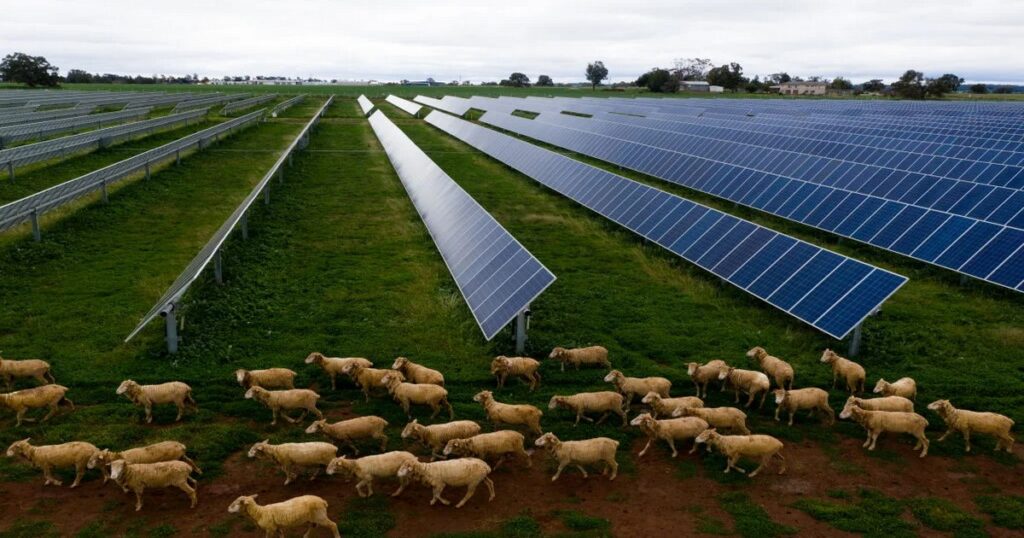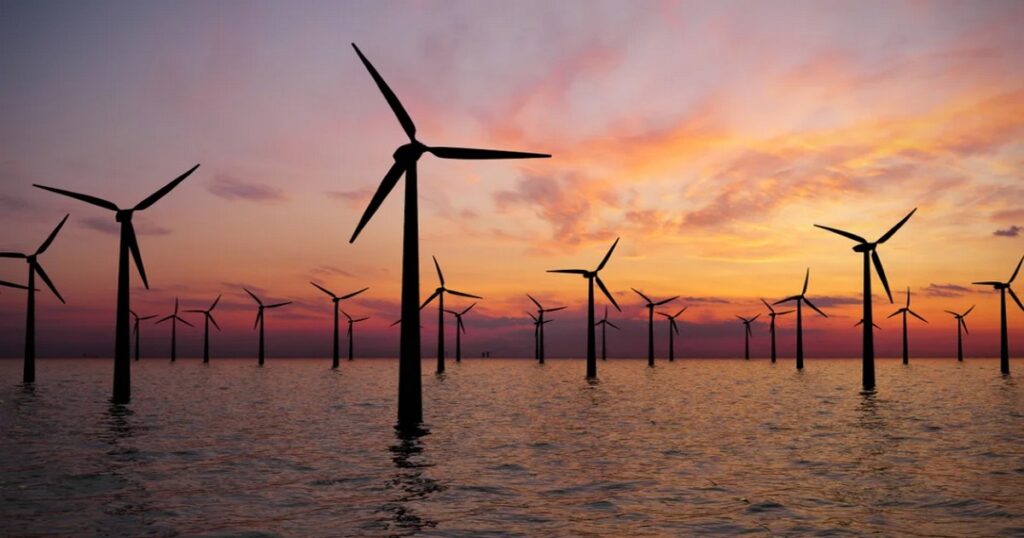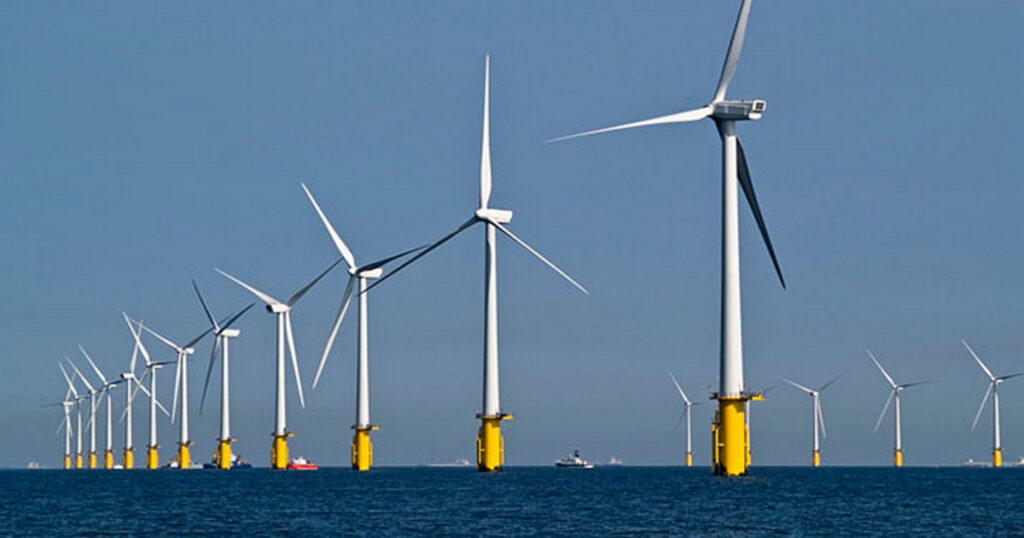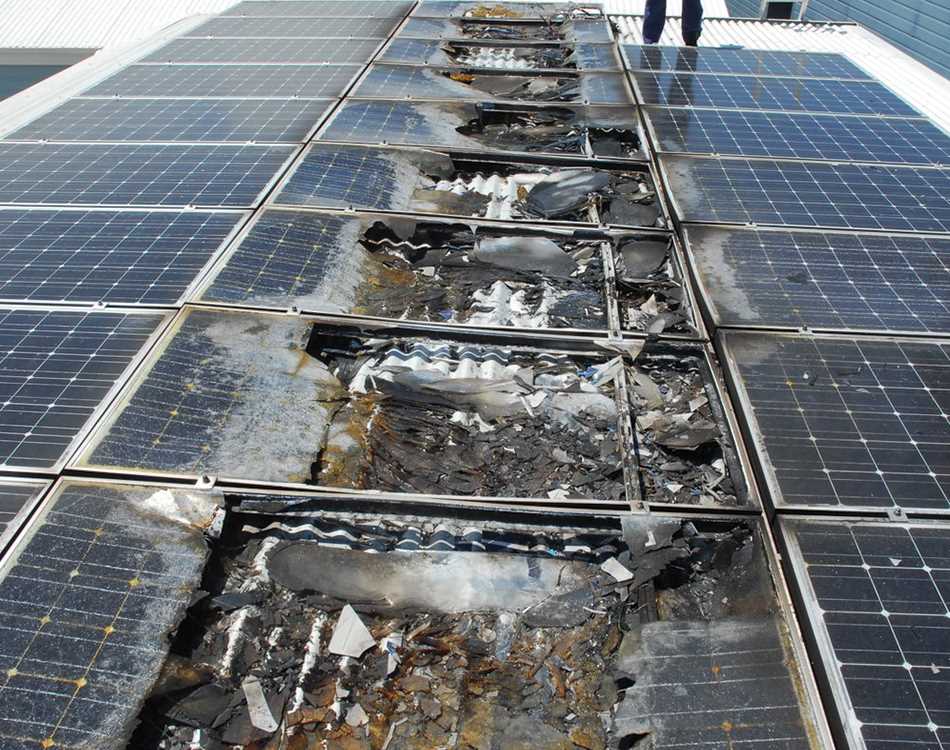Net zero refers to the concept of balancing the amount of greenhouse gases emitted into the atmosphere with an equivalent amount of carbon dioxide removed from the atmosphere, resulting in no net increase in atmospheric greenhouse gases. The goal of achieving net zero is to mitigate the negative impacts of climate change, such as rising sea levels, more frequent and severe natural disasters, and negative impacts on biodiversity.
There are several reasons why people believe that reaching net zero is unachievable. One reason is that the scale of the challenge is enormous and costly. Greenhouse gas emissions come from a wide range of sources, including electricity generation, transportation, industry, agriculture, and building heating and cooling. Transitioning all of these sectors to zero-carbon alternatives will require significant technological innovation and changes to infrastructure, as well as significant investments of time and resources, money in the form of taxation.
Another reason that reaching net zero will be unachievable is that it will require a significant shift in the way that societies operate. For example, it may require changes to consumption patterns, such as reducing the amount of meat consumed (Eat Bugs) or increasing the use of public transportation (15 minute Cities). It may also require changes to the way that energy is produced and used, such as increasing the use of renewable energy sources and decreasing the reliance on fossil fuels, however fossil fuels are the cheapest form of energy, and any other form of energy will only cost more. These changes can be difficult for individuals and societies to make, as they often require changes to long-standing habits and practices and tax hikes for everyday people.
A third reason that some people believe that reaching net zero is unachievable is that it will require a level of international cooperation and coordination that has not been seen before. Greenhouse gas emissions are a global problem and addressing them will require the participation of all countries. This will require finding ways to overcome differences in national interests and priorities (One World Government, WEF, G20, G8 and UN), as well as addressing issues of equity and fairness.
Another reason that reaching net zero will be unachievable is that it requires a significant level of political will and leadership. Governments, businesses, and individuals all have a role to play in reducing greenhouse gas emissions and transitioning to a low-carbon economy. This will require strong leadership at all levels, as well as a willingness to make tough decisions and take bold actions. However politicians need votes form the people so to make the bold policy needed would ultimately lose them there seats of power, when people vote against them and in their own interest not the politicians.
An example of the type of leadership that will be required is the implementation of policies and regulations that incentivise or mandate the reduction of greenhouse gas emissions. This could include carbon pricing mechanisms, Digital ID’s, Carbon ID’s or even a carbon tax maybe a cap-and-trade system, that will send energy prices thought the roof or standards for the energy efficiency of buildings and vehicles. It could also include investments in research and development to accelerate the deployment of low-carbon technologies and practices.
Another aspect of leadership that will be important in achieving net zero is the ability to communicate the importance of the goal and engage a wide range of stakeholders in the process. This will require engaging with the public and media to educate them about the benefits of net zero and the actions that need to be taken to achieve it. You will be force fed propaganda via media outlets, News channels, social media. It will also require building partnerships and collaborations with a variety of stakeholders, such as governments, businesses, civil society organizations, WEF, UN and academia to name just a few.
Finally, achieving net zero will require a willingness to relinquish your money (taxation), freedoms, and liberty as we transition to a low-carbon economy, what you thought was in the common good, but becomes a rope around your neck slowly getting tighter and tighter with each new Government lead policy.
In conclusion, while achieving net zero may seem like a daunting task, it will not be possible for Government to control your every lives if we all stand together and fight for what is right we can overcome the madness of Net Zero.




















